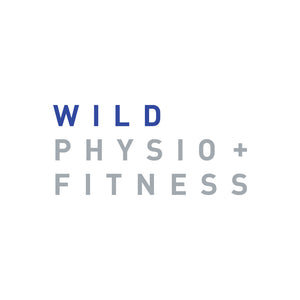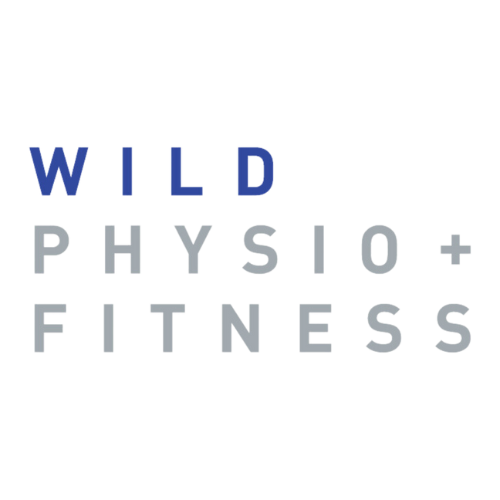Strong bones aren’t built overnight; they’re maintained daily through the foods we eat, the nutrients we absorb, and the habits we keep.
Your bones are living tissue, constantly breaking down and rebuilding. Nutrition plays a huge role in how dense and strong they stay over time.
Why Bone Health Matters
Bone health is something many people only think about later in life, but the truth is, it’s shaped long before then.
We reach peak bone mass by around 30 years old, and after that, the goal becomes maintenance, keeping our bones as dense and resilient as possible.
That’s where nutrition and lifestyle come in.
The Nutrients That Matter Most
1. Calcium
Calcium gives bones their structure and strength.
Adults need about 1000 mg per day, or 1300 mg for older adults.
You’ll find calcium in dairy products, tofu, almonds, sardines, and leafy greens.
If your intake is low, supplementation (~1200 mg/day) can help, but only if dietary intake isn’t enough.
Tip: Calcium supplements are most effective when taken in smaller doses (≤500 mg) and alongside vitamin D.
2. Vitamin D
Vitamin D helps your body absorb calcium and maintain bone density.
Low levels are linked to a higher risk of fractures and weaker bones.
Get your levels checked with a blood test, then focus on:
-
Safe sunlight exposure (a few minutes most days)
-
Foods like salmon, eggs, and fortified dairy
-
Supplements if your levels are low
3. Magnesium
Magnesium helps convert vitamin D into its active form and allows calcium to do its job.
Unfortunately, many people don’t get enough.
Aim for 310–420 mg/day, found in foods like nuts, seeds, legumes, spinach, and whole grains.
Supplementing may help improve bone mineral density over time, especially if your intake is consistently low.
4. Vitamin K2
Vitamin K2 directs calcium into bones and away from arteries, helping prevent calcification in the wrong places.
Research suggests 90–200 µg/day can support bone density.
You’ll find it in:
-
Fermented foods (aged cheese, kimchi, natto)
-
Animal products (meat, egg yolks)
5. Protein
One common myth is that high-protein diets cause calcium loss, but research says the opposite.
When calcium intake is adequate, protein actually supports bone structure by providing the building blocks for bone tissue.
Up to 2.0 g/kg per day of protein is both safe and beneficial for bone health.
Protein-rich foods like lean meat, dairy, legumes, and soy products can all help protect bone strength, especially as we age.
The Energy Connection
Consistently eating too little, also known as Low Energy Availability (LEA), can weaken bones over time.
This is especially common among athletes, dancers, or anyone under-fueling for their activity level.
Low energy intake leads to:
-
Reduced bone density
-
Higher risk of stress fractures
To avoid LEA:
-
Fuel appropriately for your training load
-
Balance exercise intensity with recovery
-
Include calorie- and nutrient-dense foods if appetite is low
-
Check in with a dietitian if you’re unsure about your energy balance
Final Takeaway
Bone health isn’t just about drinking milk; it’s about consistent, balanced nutrition that supports your body’s natural rebuilding process.
Focus on calcium, vitamin D, magnesium, vitamin K2, and protein; and make sure you’re fueling enough overall.
Because at the end of the day, nutrition is about consistency, not perfection.






